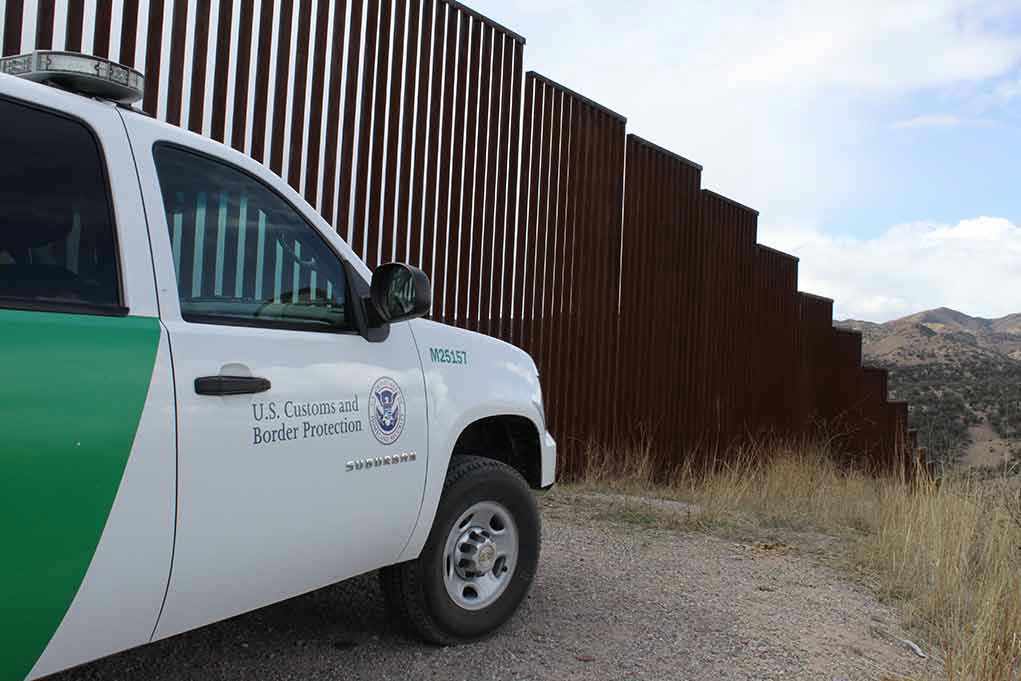
Mexico demands immediate repatriation of its citizens detained at the controversial “Alligator Alcatraz” in Florida.
Story Highlights
- 30 Mexican nationals detained at a remote Florida facility.
- Mexico’s President Sheinbaum calls for immediate repatriation.
- Concerns about the facility’s conditions and legality.
- U.S.-Mexico tensions over immigration enforcement rise.
Detention at “Alligator Alcatraz” Sparks Diplomatic Tensions
Thirty Mexican nationals are currently held at a detention center located at the Dade-Collier Training and Transition Airport in Florida, known as “Alligator Alcatraz.” This facility, repurposed as a detention center in 2025, sits deep within the Everglades. Its remote location and proximity to dangerous wildlife have raised alarms regarding detainee treatment and safety. Mexican President Claudia Sheinbaum has demanded the immediate repatriation of these individuals, intensifying diplomatic tensions and scrutiny of U.S. immigration practices.
The repurposing of the Dade-Collier site has been controversial due to its environmentally sensitive history and its abrupt conversion to a detention center. Originally planned in the late 1960s as the world’s largest airport, environmental concerns halted its development, leaving only one runway completed. The site has since remained largely unused, with its current use raising questions about the ethical implications of detaining migrants in such isolated and hazardous conditions.
Environmental and Human Rights Concerns
The detention center’s location in the Everglades presents significant challenges, including limited access to medical care and emergency services. Environmental and Indigenous groups have long opposed development in the area, citing potential threats to the ecosystem and cultural heritage. Human rights advocates have also expressed concerns about the legality and humanity of holding detainees in such conditions, which they argue may violate international law.
Mexican officials are actively seeking consular access and legal representation for the detainees, while U.S. agencies, including the Department of Homeland Security and Immigration and Customs Enforcement, maintain that the site’s isolation is beneficial for security and overcrowding issues in traditional facilities. However, the lack of transparency regarding conditions within “Alligator Alcatraz” has fueled public and diplomatic scrutiny.
Impact on U.S.-Mexico Relations
The detention of Mexican nationals at the Dade-Collier facility has strained relations between the U.S. and Mexico. President Sheinbaum’s public confirmation of the detainees’ status has led to calls for diplomatic engagement and transparency. As negotiations continue, the situation highlights broader issues within U.S. immigration enforcement, including the use of remote and potentially unsafe sites for detaining migrants.
The implications of this situation extend beyond the immediate diplomatic tensions. The controversy may prompt policy changes regarding the use of remote facilities for migrant detention and could influence future discussions on immigration reform and environmental justice. As the U.S. navigates these complex issues, the welfare and legal rights of the detainees remain a priority for both nations.
Sources:
Miami-Dade Aviation Department – Dade-Collier Training and Transition Airport
Abandoned Florida – History of the Everglades Jetport
Britannica – Dade-Collier Training and Transition Airport
Wikipedia – Dade-Collier Training and Transition Airport











